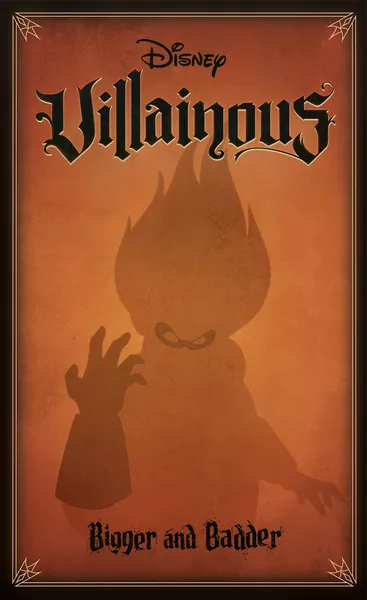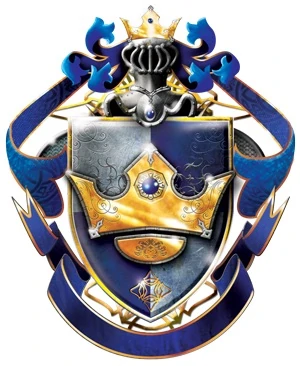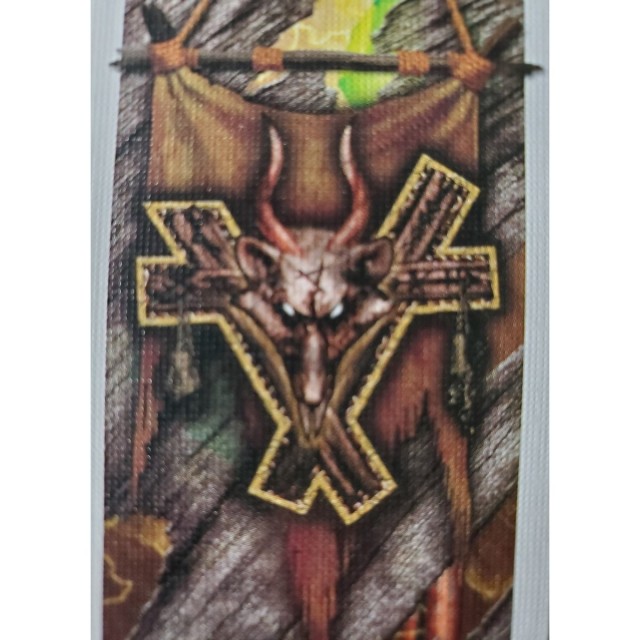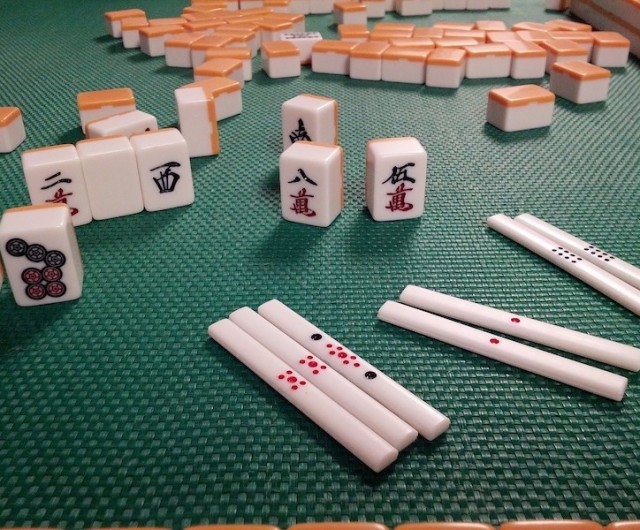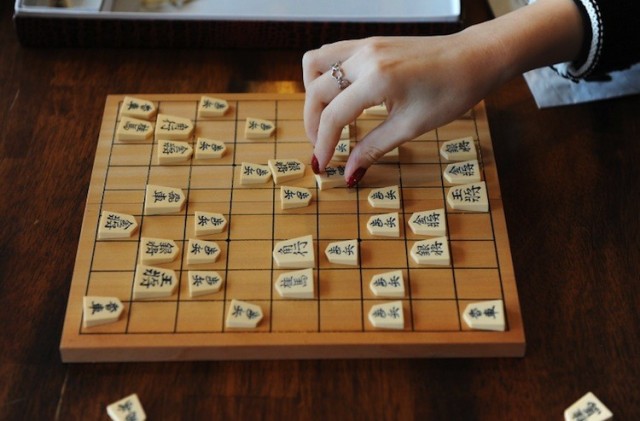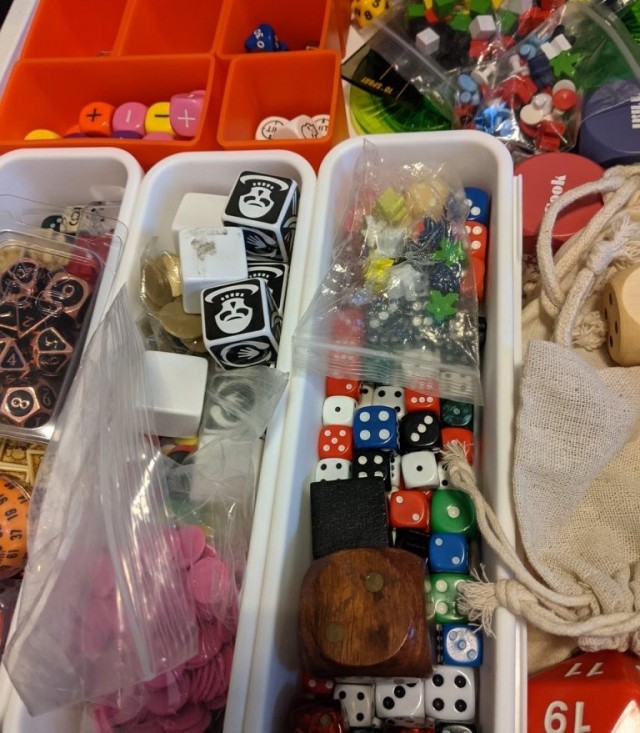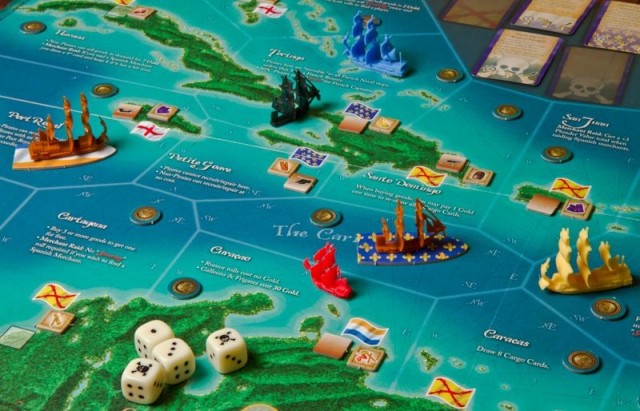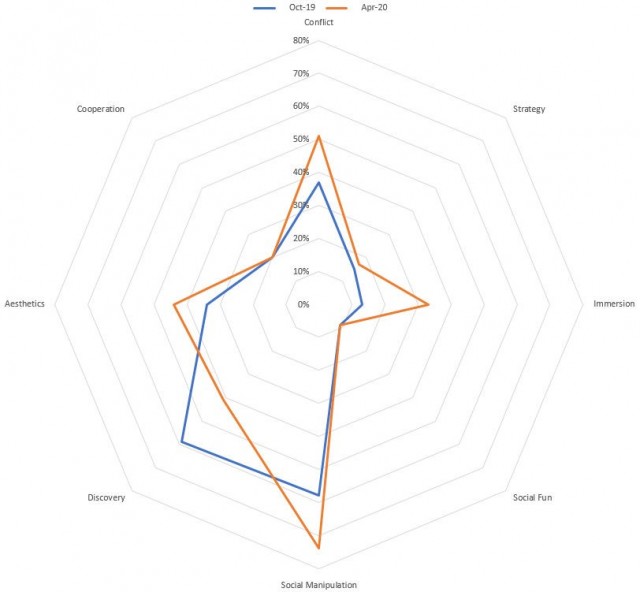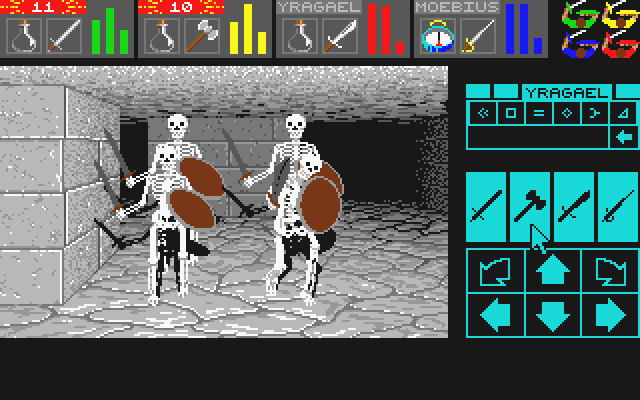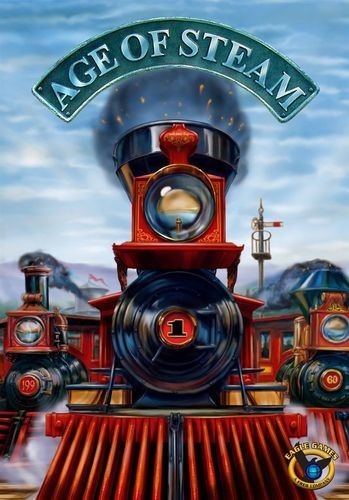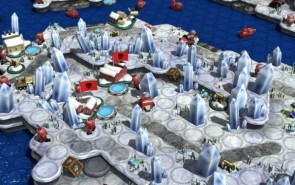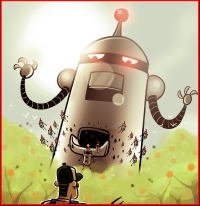What are the essentials that make a game into a "wargame".
I've been thinking about this since the site redesign, when some discussion was had about the reasoning for getting away from the label "Ameritrash." The Eurogame vs. Ameritrash argument instigated the original blog's founding, from which followed the F:AT site, and now TWBG. Over the course of years, many of the ardent Ameritrash fans became just as enthusiastic fans of games like Tigris and Euphrates or Ra as they were of something like Dungeonquest, leading many to question why there had to be a division at all. But even stepping past that, there are still labels assigned to games in the same way that there are to music or films or books or most other kinds of entertainment media that humans normally engage with. There are abstract strategy games (chess, Go, etc.), auction games, party games, storytelling games, cooperative games, negotiation games, etc. And there are wargames, which encompass a wealth of variety within that label.
So, what makes a wargame? Are there a certain set of factors that make them distinctly "wargames" as opposed to other types of games? Is defeating your opponent via combat an essential aspect? Most 4X games (eXplore, eXpand, eXploit, eXterminate) are often considered to be wargames because a primary method of winning is military supremacy that reinforces what may be systemic supremacy of another kind (economic, territorial, etc.) However, Star Trek: Ascendancy is considered a 4X game in which it is entirely possible to win without ever committing a hostile action. In fact, it's even encouraged to try to do so for two factions in the game (the Federation and the Ferengi) that are far more capable at exploration and economics, respectively, than warfare. Similarly, a game like Twilight Imperium can also be won by accumulating points off agendas that may have nothing to do with warfare, but rather technological or economic advancement. On the other hand, Runewars, which also carries many of the aspects of a 4X game, seems specifically slanted toward being a wargame (it's in the title, after all), since victory is based on territorial acquisition that can't really be done except by using armies. Most of these could be categorized as "civ builder" games, since building civilizations quite often does involve armed combat, but not exclusively so.
Are wargames based on theme? Most of the 4X games mentioned above aren't specifically themed around warfare. But what about a game like Twilight Struggle? The theme of that game is the Cold War, which involved widespread warfare, as well as cultural factors, despite the two antagonists rarely engaging each other directly (hence, the title.) But there is no direct combat in Twilight Struggle at all; no armies, no die rolls for clashes of steel and fire. Most wouldn't consider chess to be a "wargame", but the origins of one of the best known abstract strategy games do lie in the concept of putting pieces on a board to represent soldiers at war, no different from Stratego.
Are wargames based on mechanics? Many games are defined by their pieces and rules as wargames. Block wargames, for example, aren't usually considered to be anything else but. They're usually based around a single battle, campaign, or war and their pieces are meant to convey the movement and action of armies in combat. Similarly, Avalon Hill's venerable series of games like Panzerblitz are always labeled wargames simply because of how they play (hex-and-counter.) But a lot of older adventure games, including many produced by Avalon Hill, used a hex-and-counter system but were adventure games, like Magic Realm.
Is it just personal preference, like so many other classifications of media (Is Tom Waits blues, pop, jazz, or all three?)? From my perspective, Sekigahara will always be a wargame. Twilight Struggle, not so much. Runewars will always be a wargame. But Twilight Imperium is something else. Cyclades, to me, is a wargame. But Here I Stand...? Mechanics say wargame (counters on a map.) Theme says wargame (the Reformation wars.) But there's something else going on there. Perhaps a more complex wargame?
Obviously, since I'm asking so many questions, I'd be interested to hear opinions on what defines a wargame. Or whether there should be any definition at all.


 Games
Games How to resolve AdBlock issue?
How to resolve AdBlock issue? 
